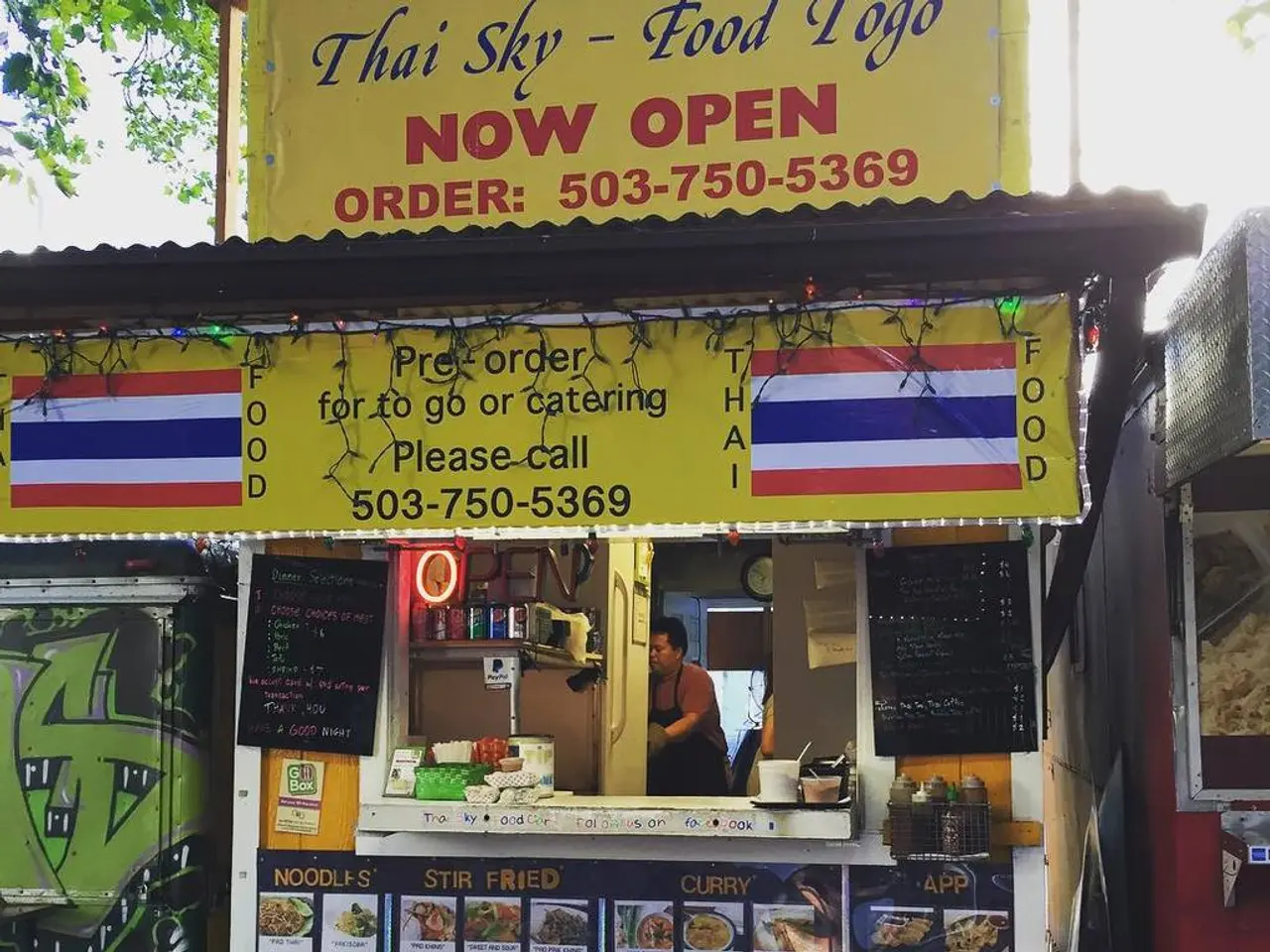Canadian counter-tariffs allegedly have caused the unraveling of CUSMA, according to the U.S. envoy.
The Canada-United States-Mexico Agreement (CUSMA) negotiations are ongoing, with key issues revolving around tariffs on steel, aluminum, autos, and some retaliatory measures.
Canada has announced that it will remove all tariffs on U.S. goods covered under CUSMA effective September 1, 2025, re-establishing free trade for the vast majority of goods. However, Canada is retaining tariffs on steel, aluminum, and autos while working intensively with the U.S. to resolve issues in these strategic sectors.
The U.S., on the other hand, maintains tariffs on these sectors and on Canadian copper, complicating negotiations. Canada's counter-tariffs, initially imposed in response to U.S. tariffs under former President Trump, targeted a broad range of U.S. products, including some that are technically covered by CUSMA.
This move has been sharply criticized by U.S. officials, including the U.S. Ambassador to Canada, Pete Hoekstra, who said Canada "pulled the rug out" from CUSMA by applying tariffs on products supposed to be duty-free under the agreement.
The counter-tariffs have created a significant point of contention, stalling progress and jeopardizing the future of CUSMA-related trade relations. U.S. officials view Canada's unilateral tariffs as undermining the agreement.
Recent moves by Canada to remove tariffs on U.S. goods covered under CUSMA suggest a step toward de-escalation and more constructive talks. The U.S. has also paused certain border and fentanyl-related tariffs on Canadian goods complying with CUSMA rules of origin since March 2025, allowing most goods to qualify for preferential treatment.
However, personal and political tensions remain, with U.S. Ambassador Hoekstra mentioning personal attacks from Canadian politicians against the U.S. president as another irritant. Ontario Premier Doug Ford is worried that President Trump may not honor any free trade commitments, even if a deal is signed.
Air Canada flight attendants have issued a strike notice, and the company is planning a lockout. The ongoing tit-for-tat tariffs and criticisms have affected the tone and trust necessary for smooth negotiations.
U.S. Ambassador Hoekstra does not see a deal on CUSMA within reach soon, but ongoing dialogue and tariff adjustments indicate efforts to stabilize and advance CUSMA cooperation. Prime Minister Mark Carney emphasized the importance of preserving the North American free trade deal when asked about potential retaliation to increasing U.S. tariffs.
Despite the challenges, both countries are intensifying discussions to address trade challenges and explore opportunities for trade, investment, and security partnerships.
Read also:
- Weekly happenings in the German Federal Parliament (Bundestag)
- Southwest region's most popular posts, accompanied by an inquiry:
- Discussion between Putin and Trump in Alaska could potentially overshadow Ukraine's concerns
- Tinubu's administration allegedly causing issues within every political party as Peter Obi's name surfaces - Obidient Movement asserts








